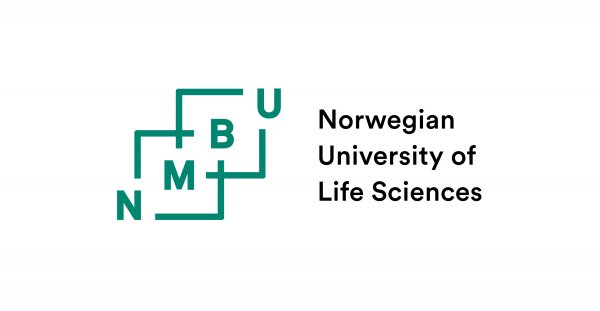Global Development Studies
The Master in Global Development Studies engages with contemporary discourses on global development and explores the interplay between social, economic, political, environmental and gendered aspects of societal change across scales from local to global. Central themes addressed are inequality and poverty, the environment, climate change, global governance, armed conflict and violence, gender, food systems, rural development, decolonization and other struggles for justice. The programme builds on research-based knowledge from a wide variety of geographical contexts and emphasizes the complex interlinkages across levels and between countries and localities in a multipolar world.
Student-active learning strategies are emphasised, including field courses, internships, and dynamic student collaboration. The emphasis on interdisciplinary education and research methods provides empirical insights, analytic tools and practical skills in evaluating and formulating policies and strategies within the field of global development. The learning approach is sensitive to diverse cultures, ecologies, institutions, economies and knowledges of different societies and groups. Electives include field courses and internships that provide valuable practical experience. Exchanges with other universities (global or domestic) may be included in the degree. The M-GDS programme attracts students from all over the world and provides the opportunity to study in a unique learning environment with an interdisciplinary and international composition of students at a green and beautiful campus.
The M-GDS degree is a two-year, full-time English language programme accredited by the European Association of Development Research and Training (EADI).
Entry requirements
A minimum Grade Point Average (GPA) of C or the equivalent is required.
A one-page (A4) motivation letter outlining their background (personal, professional, academic), their motivation to study the M-IES programme and their contribution to the learning environment is recommended. In the international admission round, applicants with a strong motivation letter will be prioritized above similarly qualified applications without a motivation letter if all other admission criteria are met. In the local admission round, applicants with a strong motivation letter will receive a 0.5 increase in the grade point average if all other admission criteria are met.
Admission will be based on academic transcripts and the motivation letter.
Applicants must meetNMBU’s requirements for English language proficiency
General information on Admission requirements | NMBU.
Entry requirements
A minimum Grade Point Average (GPA) of C or the equivalent is required.
A one-page (A4) motivation letter outlining their background (personal, professional, academic), their motivation to study the M-IES programme and their contribution to the learning environment is recommended. In the international admission round, applicants with a strong motivation letter will be prioritized above similarly qualified applications without a motivation letter if all other admission criteria are met. In the local admission round, applicants with a strong motivation letter will receive a 0.5 increase in the grade point average if all other admission criteria are met.
Admission will be based on academic transcripts and the motivation letter.
Applicants must meetNMBU’s requirements for English language proficiency
General information on Admission requirements | NMBU.
